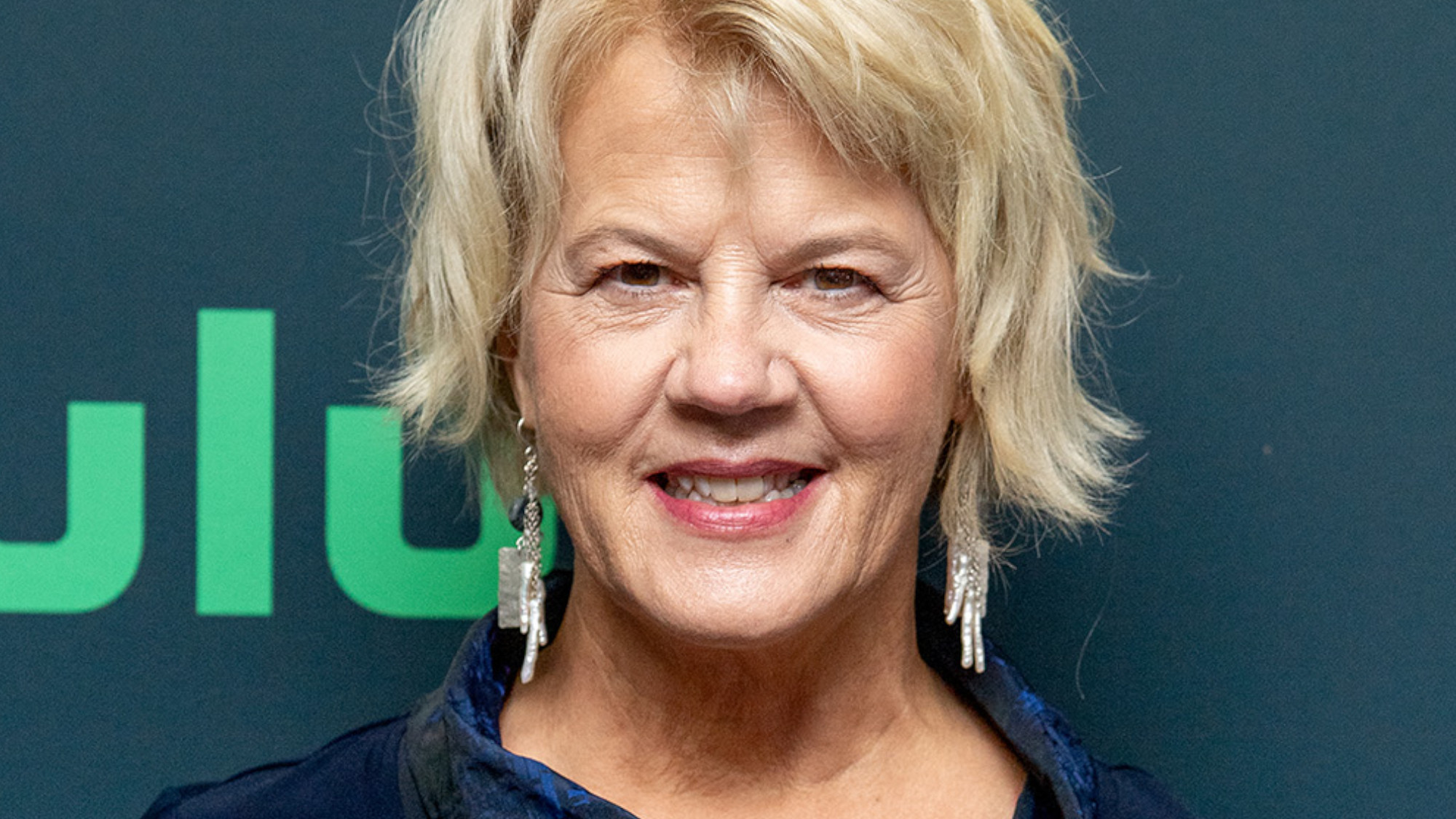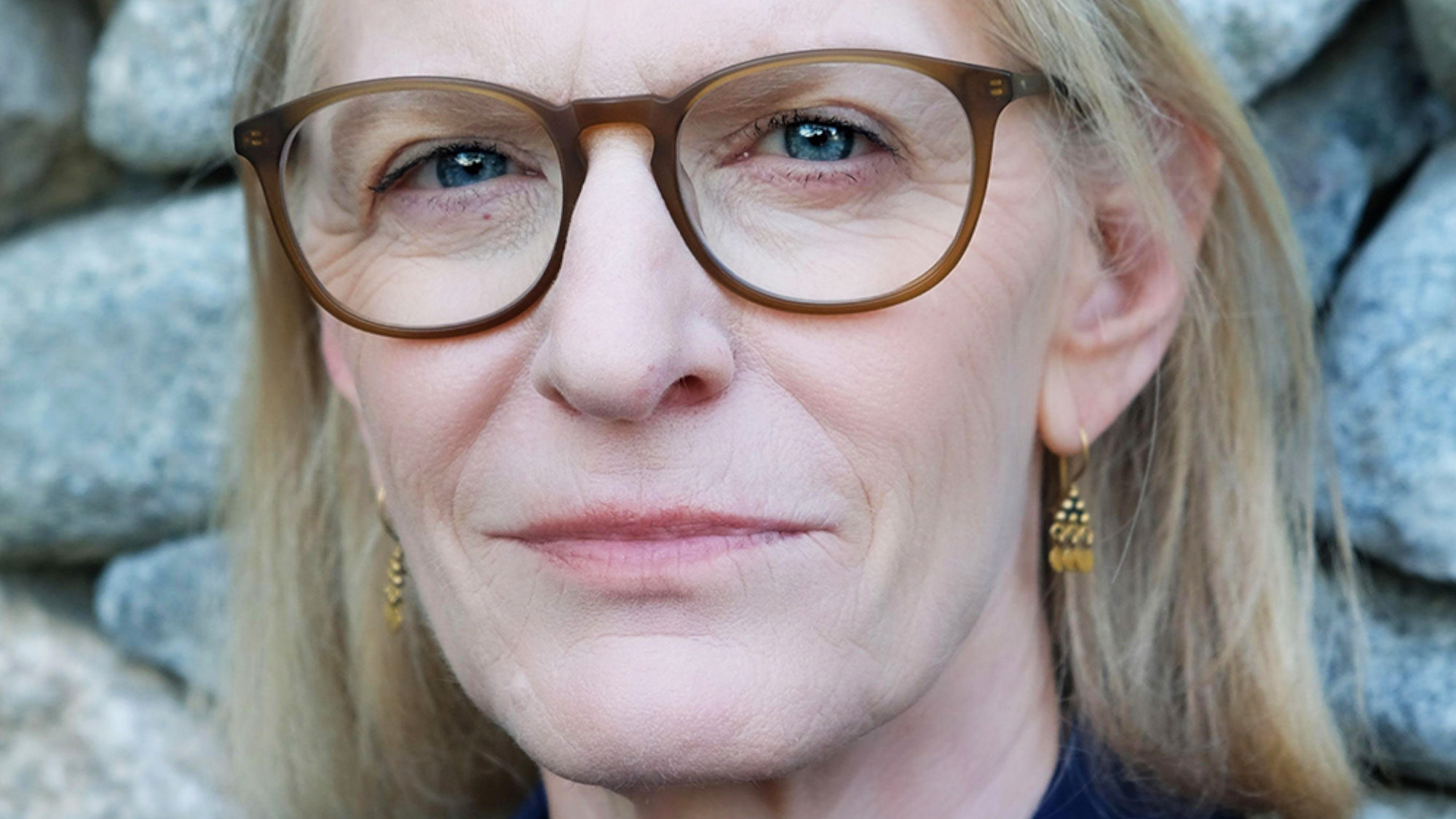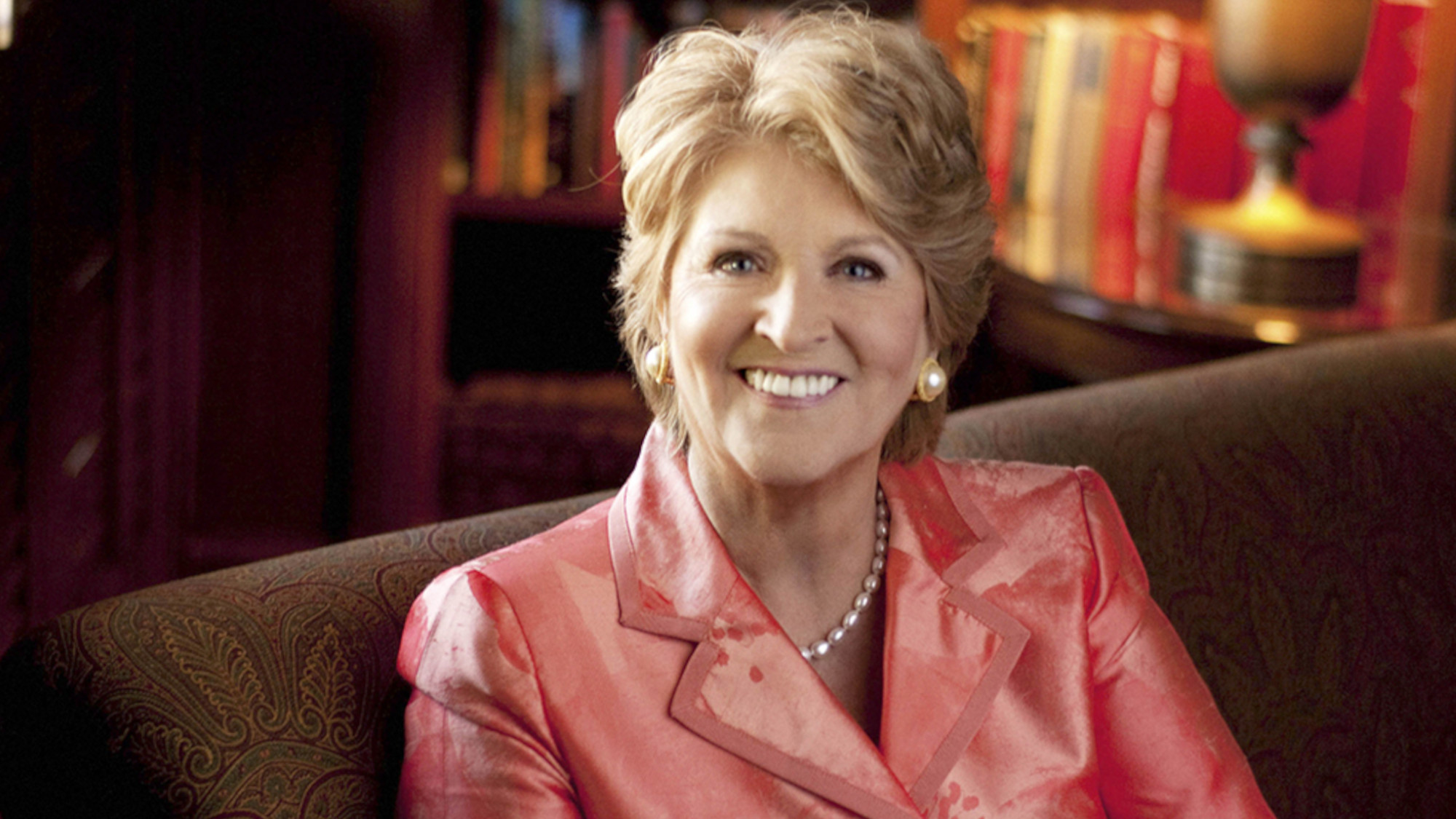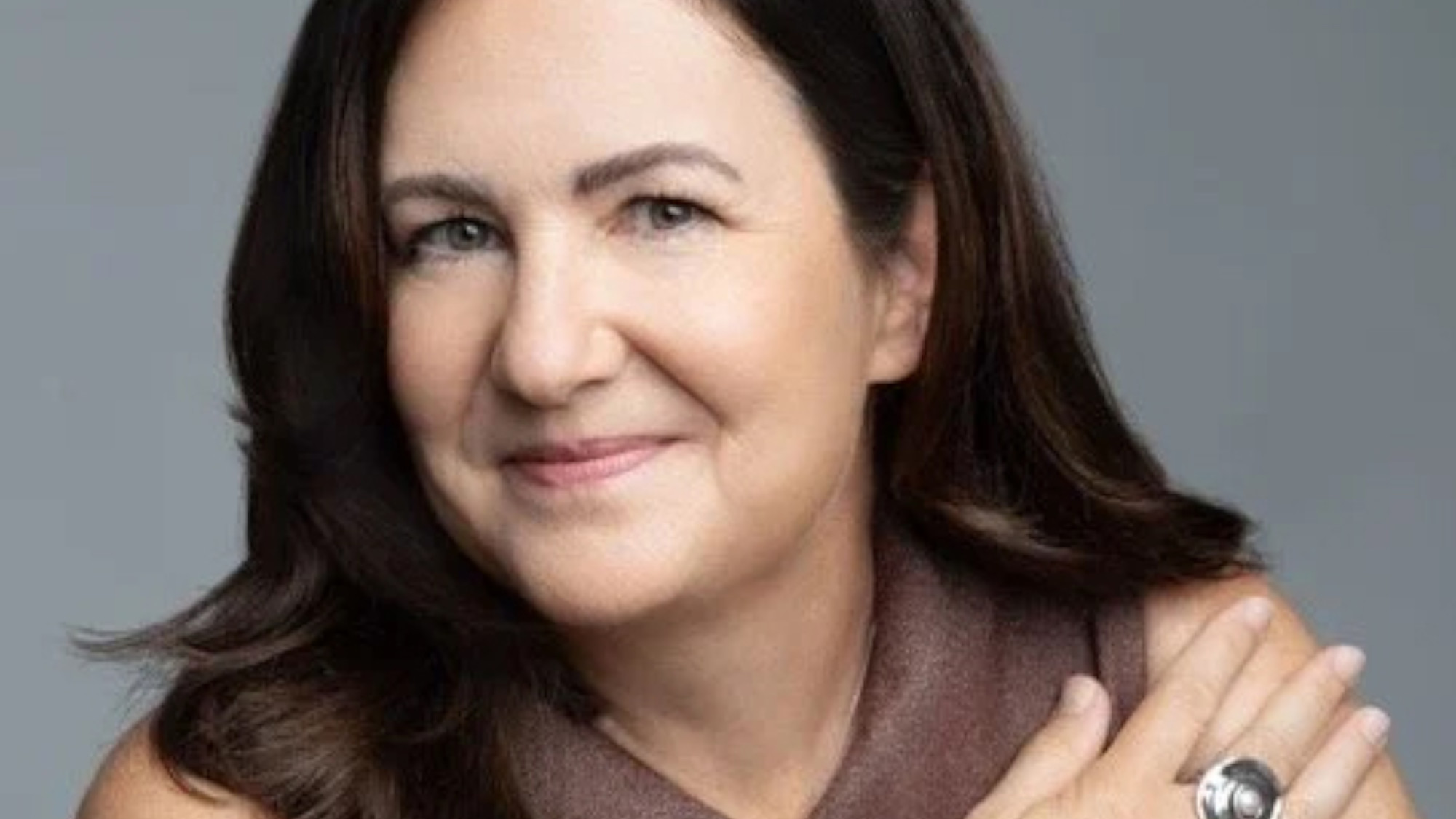Best books...chosen by Boris Kachka
The New York–based journalist and critic recommends six books that captured or helped define postwar literary culture.
A free daily email with the biggest news stories of the day – and the best features from TheWeek.com
You are now subscribed
Your newsletter sign-up was successful
Boris Kachka is the author of Hothouse, a gossip-spiked history of the publishing house Farrar, Straus & Giroux. Below, the New York–based journalist and critic recommends six books that captured or helped define postwar literary culture.
V. by Thomas Pynchon (Perennial Classics, $19). I first picked up Pynchon’s wild, picaresque 1963 debut at age 15, intrigued by the exotic name and cover. I discovered a mind-opening, hallucinatory portrait of a culture in early upheaval, and conclusive proof that postmodernism—and difficulty in general—could be a blast.
Lolita by Vladimir Nabokov (Vintage, $16). Each of the Russian émigré’s books taught me something different about the possibilities of English (non-native for both of us). What I really love in Lolita isn’t the transgressive love story but the love song to midcentury America, intoned with bemused ardor by one very odd fish out of water.
The Week
Escape your echo chamber. Get the facts behind the news, plus analysis from multiple perspectives.

Sign up for The Week's Free Newsletters
From our morning news briefing to a weekly Good News Newsletter, get the best of The Week delivered directly to your inbox.
From our morning news briefing to a weekly Good News Newsletter, get the best of The Week delivered directly to your inbox.
Max Perkins by A. Scott Berg (Berkley, $18). You don’t see many biographies of book editors, because dramatizing their lives is hard work. What Berg did with the correspondence between Perkins and Fitzgerald, Hemingway, and the logorrheic Thomas Wolfe mirrors what Perkins did so heroically: He’d machete his way through a paper jungle and come out with a masterpiece.
Another Life by Michael Korda (Random House, $17). In another rare beast—a publishing memoir worth reading—the Simon & Schuster veteran uses what Berg could not: memory. He tackles his industry’s postwar transformation from gentleman’s profession to too-well-oiled machine, sketching characters with the finesse of a great comic novelist.
Slouching Towards Bethlehem by Joan Didion (FSG Classics, $15). Every fan has his or her favorite in this collection of dispatches on the social cataclysm of the 1960s. Mine is “On Morality,” a brief against idealism that must have sounded reactionary then but now reads like a focused attack on the all-pervasive politics of emotional grievance.
The Right Stuff by Tom Wolfe (Picador, $16). Wolfe’s most restrained book is his best: a complicated celebration of the brave test pilots who pioneered space travel but chafed at being overqualified guinea pigs. Wolfe’s reporting drilled down to capture the psyche of a nation on the brink of 1980s triumphalism.
A free daily email with the biggest news stories of the day – and the best features from TheWeek.com
-
 Labor secretary’s husband barred amid assault probe
Labor secretary’s husband barred amid assault probeSpeed Read Shawn DeRemer, the husband of Labor Secretary Lori Chavez-DeRemer, has been accused of sexual assault
-
 Trump touts pledges at 1st Board of Peace meeting
Trump touts pledges at 1st Board of Peace meetingSpeed Read At the inaugural meeting, the president announced nine countries have agreed to pledge a combined $7 billion for a Gaza relief package
-
 Britain’s ex-Prince Andrew arrested over Epstein ties
Britain’s ex-Prince Andrew arrested over Epstein tiesSpeed Read The younger brother of King Charles III has not yet been charged
-
 Beth Macy’s 6 favorite books about living in a divided nation
Beth Macy’s 6 favorite books about living in a divided nationFeature The journalist recommends works by Nicholas Buccola, Matthew Desmond, and more
-
 Gilbert King’s 6 favorite books about the search for justice
Gilbert King’s 6 favorite books about the search for justiceFeature The journalist recommends works by Bryan Stevenson, David Grann, and more
-
 Nathan Harris’ 6 favorite books that turn adventures into revelations
Nathan Harris’ 6 favorite books that turn adventures into revelationsFeature The author recommends works by Kazuo Ishiguro, Ian McGuire, and more
-
 Marisa Silver’s 6 favorite books that capture a lifetime
Marisa Silver’s 6 favorite books that capture a lifetimeFeature The author recommends works by John Williams, Ian McEwan, and more
-
 Lou Berney’s 6 favorite books with powerful storytelling
Lou Berney’s 6 favorite books with powerful storytellingFeature The award-winning author recommends works by Dorothy B. Hughes, James McBride, and more
-
 Elizabeth Gilbert’s favorite books about women overcoming difficulties
Elizabeth Gilbert’s favorite books about women overcoming difficultiesFeature The author recommends works by Tove Jansson, Lauren Groff, and more
-
 Fannie Flagg’s 6 favorite books that sparked her imagination
Fannie Flagg’s 6 favorite books that sparked her imaginationFeature The author recommends works by Johanna Spyri, John Steinbeck, and more
-
 Jessica Francis Kane's 6 favorite books that prove less is more
Jessica Francis Kane's 6 favorite books that prove less is moreFeature The author recommends works by Penelope Fitzgerald, Marie-Helene Bertino, and more